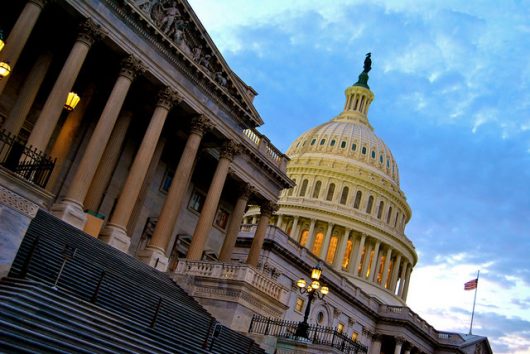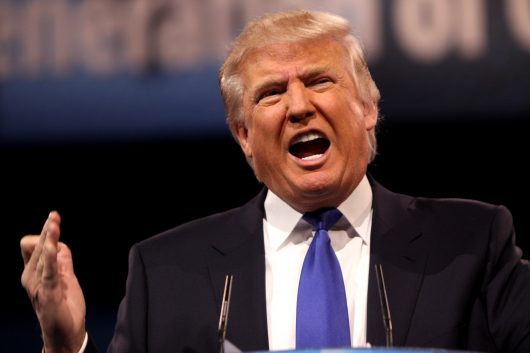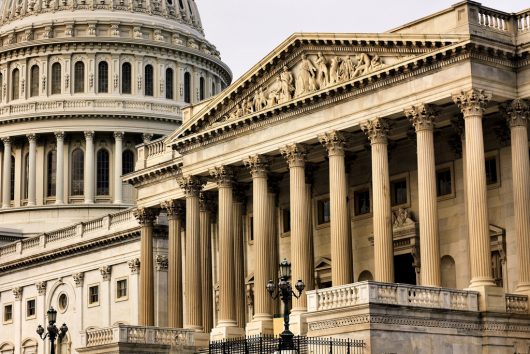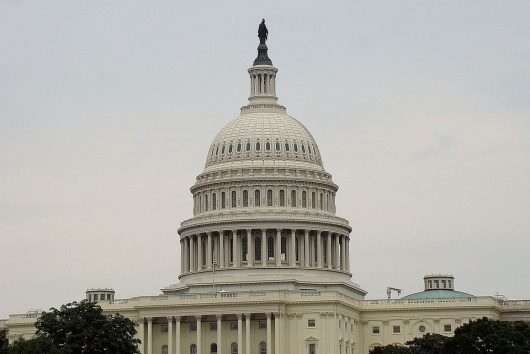
Although each shift in U.S. Presidential administrations inspires increases in civic participation by citizens, President Trump’s election in 2016 may prove to be one of the most inspirational of all. For the average citizen with no history of political advocacy, determining how and where to start can feel overwhelming, but knowing how to attend town hall meetings is as easy as following this step-by-step guide.
- Identify your political representatives. Your Congressional representatives comprise two Senators and one Representative. To find them, visit https://borgenproject.org/call-congress/ and plug your zip code into the box under step one to go straight to the Congressional directory.
- Find the next town hall meeting near you. From the directory, you can visit each Congressperson’s official website. Once there, look for a link labeled “Events,” “Meet your representative” or something similar. If you cannot find anything specific, scan the page for a “Contact Us” link and call or email the Congressperson’s staff for information on the next town hall meeting happening near you. Other third-party organizations such as Town Hall Project have streamlined many of these steps to make it even easier to determine how to attend town hall meetings.
- Prepare for the meeting. This step is vital to getting your point across and being taken seriously. Research your topic as well as your Congressperson, and be prepared to make an “elevator pitch” about your feelings on the issue. Your opinion is important, but to your Congressional representatives, your well-informed opinion that takes their position into account is unforgettable.
- Tell your personal story. Town hall meetings offer the chance to connect with your Congressperson in a human, immediate way. Explaining why you feel passionate about an issue because of its direct effects on you, your friends, or your family is a surefire way to make an impact.
- Be polite. There is a fine line between an impassioned plea and a Twitter-worthy rant. Rudeness, insults, or reminding your Congressperson that your tax dollars pay their salary will only damage your credibility and sever the lines of communication.
- Talk to the staffers. Staffers will always accompany members of Congress in meetings as part of their administrative duties. Take the time to seek them out. Introduce yourself by asking for their business card and explaining briefly why you chose to attend. Even if you do not get an opportunity to speak directly with your representative because of time constraints or a large volume of participants, talking to the staff can get your voice heard by your representative.
- Bring your friends. There is strength in numbers. Bringing a group of friends to the meeting will not only ease any anxiety you may feel, it will provide a visual demonstration to your representatives of how many other voters support your stance on an issue.
- Follow up afterward. Send additional emails and make follow-up phone calls to your Congressional representatives’ offices and state that you were in attendance at the recent town hall meeting. Better yet, put the next meeting on your calendar and repeat the whole process. This lets your Congressperson know you mean business, and you will continue to show up until your issue is resolved in a mutually satisfactory manner.
Using this guide to know how to attend town hall meetings will put you in a centuries-long tradition of civic involvement.
– Dan Krajewski
Photo: Flickr






 By virtue of the democratic process in America, the country is one of the most influential allies to the global poor. The U.S. approaches foreign assistance through a multitude of dimensions. A critical body of which is the legislative component of the tripartite government system.
By virtue of the democratic process in America, the country is one of the most influential allies to the global poor. The U.S. approaches foreign assistance through a multitude of dimensions. A critical body of which is the legislative component of the tripartite government system.

 How many Members of Congress are there?
How many Members of Congress are there?